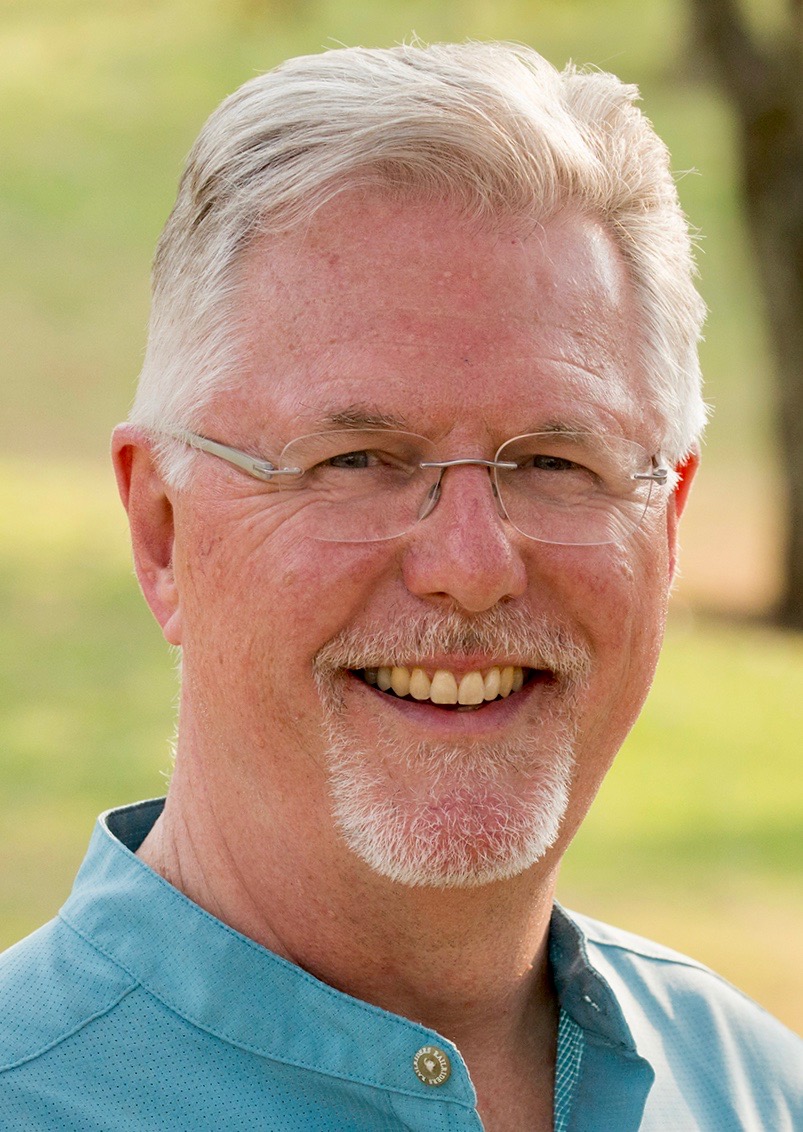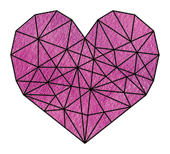The Waiting Space – When the Past is Over And the Future Hasn’t Shown Up Yet
The waiting space. That space between an end and a beginning. That space and time when we are no longer where we were, yet we are not yet in a new place. When the past is over and the future hasn’t shown up yet. A space that can feel empty, and where we can feel lost and confused.
Yet when we are fully present to this waiting time—when we are willing to accept this seeming emptiness without conditions and let it talk to us—what has been hidden can slip quietly into the open. What has been a mystery begins to be understood.
The “waiting space” becomes a discovery space. We realize that it’s not a “wait and see” space after all. It’s a “liminal space” that is doing its work.
What is a liminal space?
The word “liminal” comes from the Latin root, limen, which means “threshold.” A liminal space is a “crossing over” space – a space in which we have left something behind, yet we are not yet fully with something new. It’s a transition space that can take many forms.
One kind of liminal space is that time in the early morning when you are floating in and out of sleep. Deep in the night, it seems that there are no boundaries between realities, time, space, and thoughts. What has been hidden during the daylight hours now comes to life, albeit perhaps in a veiled or confusing way. Things swirl together.
Then as you enter that early morning liminal space between the dark and the light, you may vacillate between a boundary-free dimension and a world of form and structure. You aren’t sure where you are, what is real, and what is imagined.
As daylight finally ushers you back into three-dimensional awareness, you reenter the linear, orderly world of structure and form. Yet your experience in the liminal space remains with you.
This is just one example. However, the concept of liminal space is not limited to short-term transitions such as night into morning. A liminal space can also exist as a much longer space-time continuum—for days, weeks, or months.
Caught in Between
It can feel like you are caught in between, yet even that might not be clear. Much as you might like to move on, you realize that something is going on in your inner awareness. Yet you can’t clearly define it, and nothing you do can hurry things along. The process of a liminal space takes as long as it takes.
You might land in a liminal space for any number of reasons. Perhaps a particular event or circumstance has interrupted the life you were living and now everything is up in the air. Or maybe something is unfolding around you that will have a significant impact on your next steps, yet you have no control over that circumstance and its timing.
Or it could be that you are clear about what your next steps should be, yet somehow you sense that now is not the time to take those steps. And you don’t know when the right time will come. And so you wait.
Liminal spaces can bring us face-to-face with our inner fears about who we are, how we show up in the world, our strengths and vulnerabilities, and our successes and disappointments. It can cause us to question the very core of our beliefs, practices, and identities. Yet it can also help us transform who we are and how we move in the world. And herein lie its power and its gifts.
Shaking Us Out of Our Habitual Lives
The liminal space shakes us out of our habitual lives. It draws us out of what we have known, yet, for the moment, does not allow us to know what is coming next. Or when it is coming.
It’s the chrysalis stage for the caterpillar. The caterpillar may instinctively know from its genetic programing that it must weave itself into a cocoon, yet it probably has no conscious sense of why, for how long it will be there, or that it will emerge as a butterfly.
In a similar way, we may instinctively weave ourselves into a liminal cocoon. We may not even be aware that we have woven this space around us, or know why it’s important to be here.
The liminal space is an invitation to surrender—an invitation to give over to something larger than self and trust that we will be held and supported with whatever we need in order to navigate the uncertainty.
The degree to which we are comfortable or uncomfortable has to do with how we choose to be with what is happening. We can choose to fight against the liminal space and struggle, or to partner with it by listening, sensing, and responding. Trusting in “the big” is key to navigating the liminal space.
The Transformation Space
Transformation happens when we are not in charge. It can’t happen when we are holding on to control. Sometimes we need to be shaken loose from our foundations in order to be open for something bigger.
This is the space where a new reality can be born. It’s a space where we can finally let go of an approach, a way of being, a role, an identity, or a belief, so that something new can be created.
Landing in a liminal space from time to time is essential for our own transformation and evolution. The liminal space has an agenda for us, even though that may not be obvious at first. At its essence, it is usually about letting something completely dissolve, leaving us open and free to discover what is waiting for us next. Otherwise, we continue holding onto remnants of the old. Holding on makes us more likely to create another version of the past rather than co-creating with what is waiting for us.
Liminal Space As a Turning Point
When we don’t understand what liminal space is, or that we have landed here for a reason, then being in that space can be difficult and confusing. Yet if we are willing to use our inner senses to uncover what is waiting for us in this space—if we are willing to let go of control and surrender to a greater potential waiting to unfold—the shifts in awareness and personal transformation can be enormous.
Every time I have landed in a liminal space and have chosen to partner with it, that “waiting time” has become a turning point in my life. I won’t sugarcoat it to say that it’s always easy. It takes focus and attention. And it takes trust. Having an established reflective practice and the diligence and fortitude to stick with it helps. Yet the more I trust the flow and evolution of my own life path and work with it instead of fight against it, the richer life becomes.
Copyright 2019 Alan Seale. All Rights Reserved.
 |
 |
 |

Alan Seale is an award-winning author, inspirational speaker, transformation catalyst, and founder and director of the Center for Transformational Presence. He is the creator of the Transformational Presence Leadership and Coach Training program which now has graduates from more than 30 countries. His books include Intuitive Living, Soul Mission * Life Vision, The Manifestation Wheel, The Power of Your Presence, Create a World That Works, and most recently, his two-book set, Transformational Presence: How To Make a Difference In a Rapidly Changing World. His books are currently published in English, Dutch, French, Russian, Norwegian, Polish, and Romanian. Alan currently serves clients from five continents and maintains a full teaching and lecture schedule throughout North America and Europe. If you found this post helpful and would like to subscribe to Alan Seale’s free weekly newsletter from the Center for Transformational Presence, please click here.
Related Blog Posts at Transformational Presence.org:
Learning To Trust Again
Hidden Messages in the Ebb and Flow of Life
Faithfully Letting Go—Finding the Path From What Has Been To What Could Be




